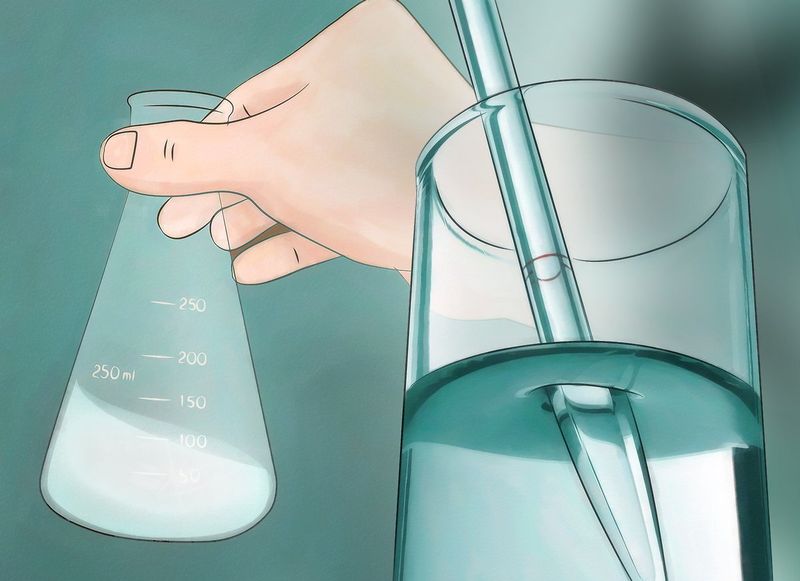Water is considered to be the elixir of life. However, not all water is the same. In some areas, you may find hard water, which may not be the best option.
What is Hard Water?
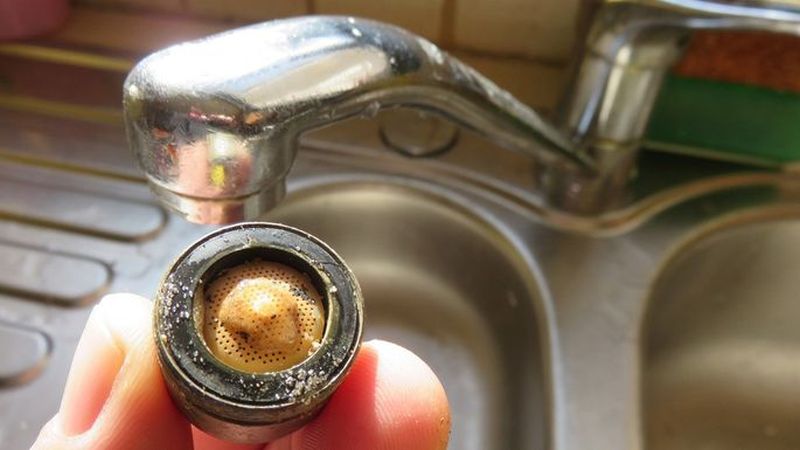
Before we get into the negative and the positive effects of hard water, it is essential to learn what it is. Hard water is water that contains a high concentration of minerals, which may include calcium and magnesium.
The easiest way to find if the water at your home is hard is to look for the formation of limescale on bath fittings, tiles, and electric kettles. Another sign is the lack of foam formation when using soap, shampoos, and detergents.
The below table classifies water as hard or soft based on the level of dissolved minerals.
Classification
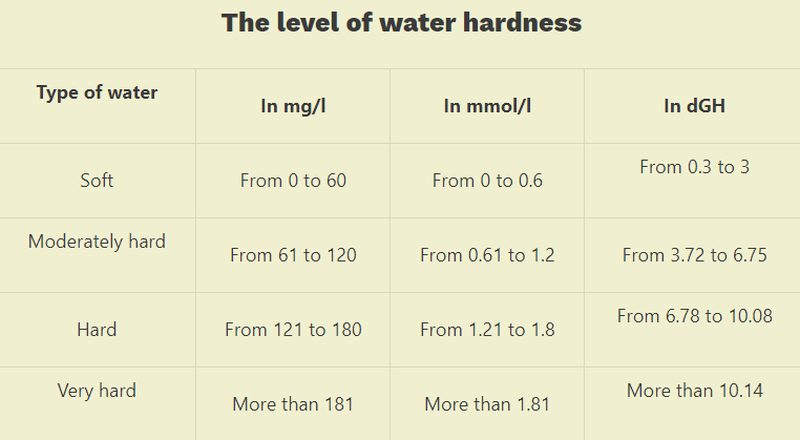
Hardness in PPM (mg/L)
- Soft
- 0-60
Moderately Hard
- 61-120
Hard
- 121-180
Very Hard
- ≥ 181
Does Hard Water Have Any Positive Effects?
Hard water is not all bad for you. It is not necessarily unhealthy. Since it is rich in minerals, it is right for you in small quantities. After all, too much of a good thing never turns out to be good.
But, apart from being rich in minerals, there is not much advantage to having hard water in your area. The adverse effects far outweigh the positives in this case.
Not sure? Ask anyone who has a hard water supply at their home, and you’ll know how troublesome it can be.
What are the Adverse Effects of Hard Water?
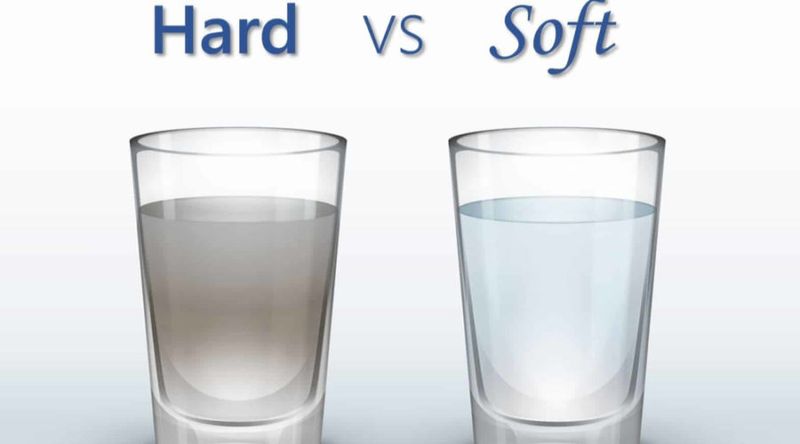
As mentioned earlier, hard water impacts quality of life. It poses serious challenges in both residential and industrial settings.
It can be one of the worst nightmares for industries that use equipment like boilers and cooling towers.
It has specific negative impacts, which may not be unhealthy. However, they are not pleasant to deal with; here are a few:
- Building Up of Scales: When the hard water in your area passes through the plumbing, mineral deposits cause scales to develop. If you have hard water in your region, you have most likely noticed this on your showerheads, as well as your tap. Apart from looking bad, these deposits also cause your water to taste foul and are quite challenging to clean.
- Faded Clothes: Do your new clothes lose their shine faster than you would like? The hard water in your area may be the culprit. It tends to wash away the colors of your clothes more quickly than treated water. It may also cause the material of your clothes to become hard and scratchy.
- Dry Skin and Hair: The calcium present in the hard water cannot nourish your skin properly. After you leave the shower, your skin may still feel dry, and your hair may feel slimy. That’s because the hard water cannot hydrate your skin and hair adequately and leaves your skin feeling chapped and your hair feels brittle no matter what you do!
- Frequent Repairs: Due to the mineral deposits, the supply pipes will start choking at some point. Generally, steel taps and faucets do not tend to handle hard water very well. As the scales build up and the pipes start choking, there is an issue with the flow of water, and you would need to call a plumber to help clean the pipes and remove the scales thoroughly. If you are living in a hard water area, you may need to do this often, which is frustrating but can end up being quite expensive for you.
- Stained Sinks: While this may be a minor issue, it can be persistent and leave you feeling annoyed. The mineral deposits leave hard to clean stains on your kitchen and bathroom sinks. Having to clean your kitchen sink every day is definitely what you will like, not something one enjoys doing.
What Can You Do to Deal With Hard Water?
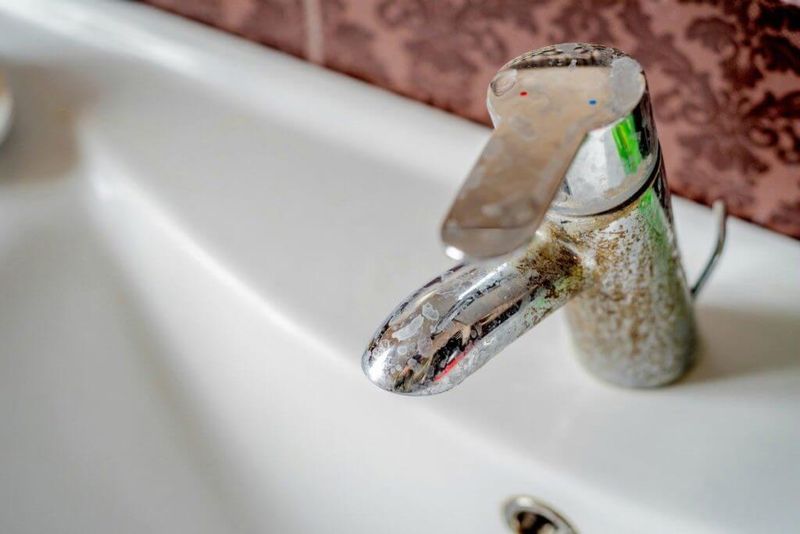
It is quite clear that hard water can be a big pain; while it does have some positive effects, the negatives far outweigh it, and hence, people often want to get rid of problems associated with it.
One of my friends, who lived in an area with very hard water, was so frustrated with everyday problems associated with it that he even thought about selling his home.
If you, too, are considering taking such an extreme step, then I have some easy solutions for your big problem.
To Deal With the Negative Effect of Hard Water, You Can Try Out A Few Remedies:
- Hard Water Softeners: The most effective way to deal with this problem is to use a hard water softener or conditioner. Whatever your budget, you will be able to find a solution for hard water problems, which is perfect for you. If you are looking for a good water softener for your home, you may like to check it out.
- Vinegar: To remove the scale build-up, from your bathroom fixtures, you can take a bowl and place the accessories in them, and then add some water and vinegar to help remove the scales easily.
- Washing Aids: There are certain detergents and soaps which are designed for hard water areas; hence, you do not have to use up a lot of soap or detergent at once to get the foam that you want.
- Low Temperature: It also leads to scale buildup in your heater faster and causes frequent breakdowns resulting in higher maintenance costs. The lower the temperature of your heater, the lower the rate of scale accumulation.
Now, you do not need to grit your teeth and bear it when it comes to hard water. There are permanent solutions to help treat it, which allows you to eliminate its adverse effects from your life.


